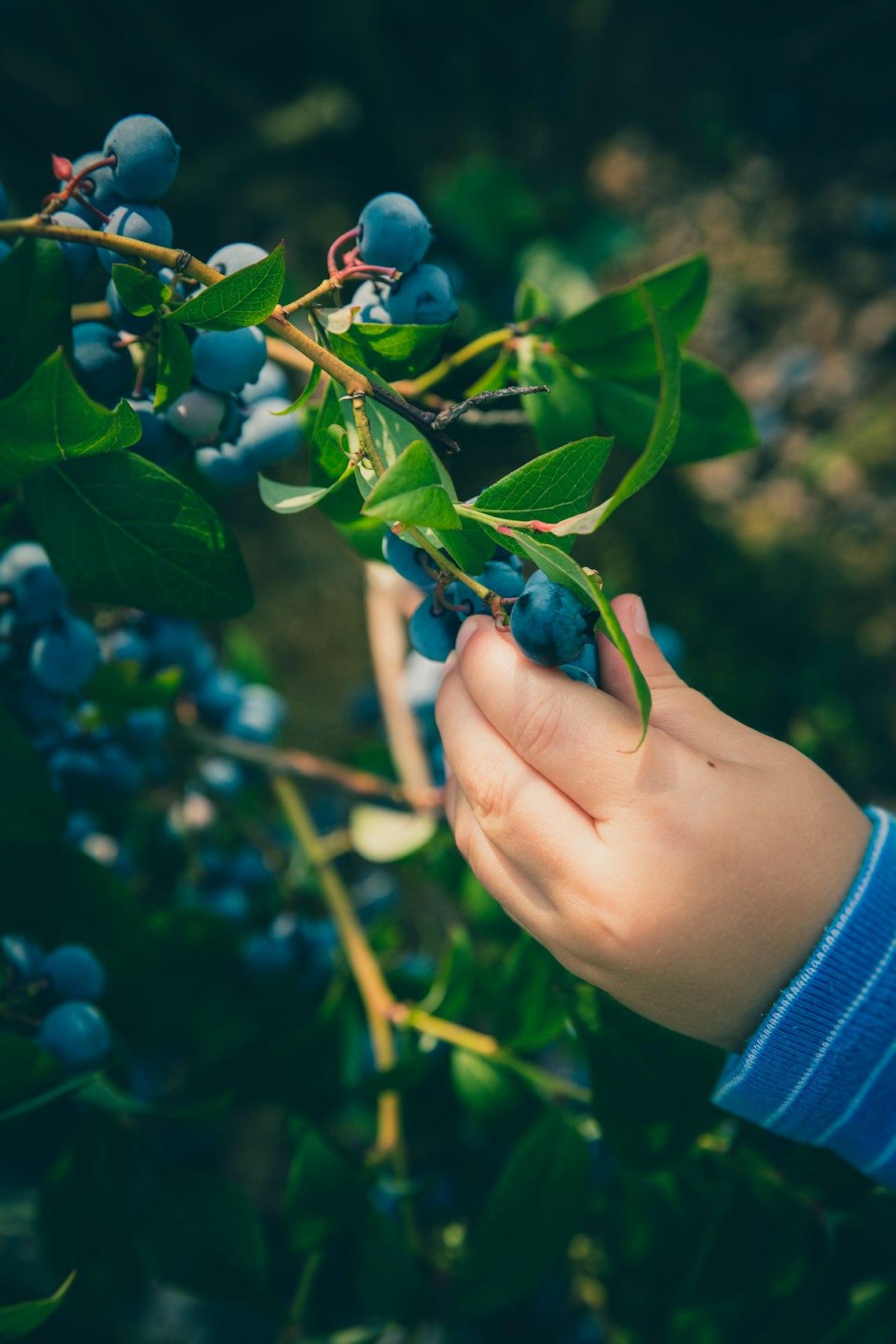Fruit trees play a crucial role in sustainable agriculture practices, offering a range of environmental, economic, and social benefits. Integrated into agroforestry systems, fruit trees contribute to increased biodiversity, soil health, and food security while providing a source of income for farmers.
Environmental Benefits
By planting fruit trees alongside other crops, farmers create diverse agroecosystems that support a more resilient and sustainable environment. Fruit trees help prevent soil erosion, minimize water runoff, and improve soil fertility. They also provide habitat for beneficial insects and other wildlife, thus contributing to greater biodiversity on the farm.
Economic Benefits
Integrating fruit trees into farming systems offers farmers multiple income streams. In addition to the fruits themselves, fruit trees can provide timber, firewood, and natural fertilizers. By diversifying their produce, farmers can increase their resilience to market fluctuations and crop failures, ultimately enhancing their financial stability.
Social Benefits
Engaging in sustainable agriculture practices with fruit trees can improve the quality of life for farmers and their communities. Fruit trees provide nutritious food that enhances local diets and food security. Furthermore, the cultivation of fruit trees often requires traditional knowledge and skills, which can be passed down through generations, preserving cultural heritage.
Conclusion
In conclusion, fruit trees are essential components of sustainable agriculture, offering a myriad of benefits to the environment, economy, and society. By incorporating fruit trees into agroforestry systems, farmers can promote biodiversity, generate income, and strengthen community resilience. Embracing the role of fruit trees in agriculture is crucial for building a more sustainable and prosperous future.




